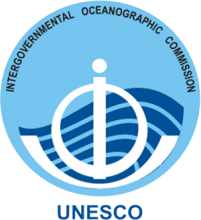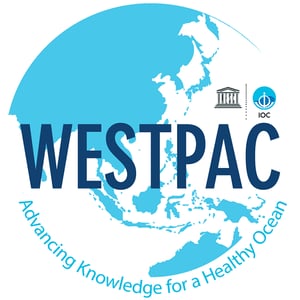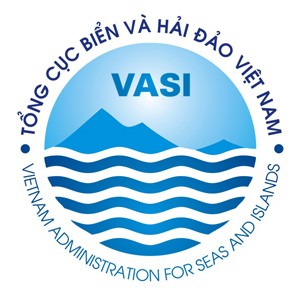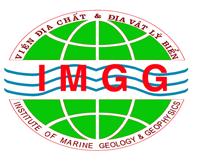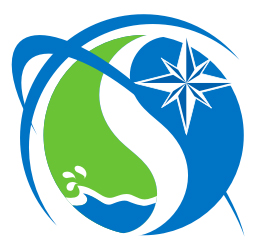What are the Sustainable Development Goals?
The Sustainable Development Goals (SDGs), also known as the Global Goals, were adopted by all United Nations Member States in 2015 as a universal call to action to end poverty, protect the planet and ensure that all people enjoy peace and prosperity by 2030.
The 17 SDGs are integrated—that is, they recognize that action in one area will affect outcomes in others, and that development must balance social, economic and environmental sustainability.
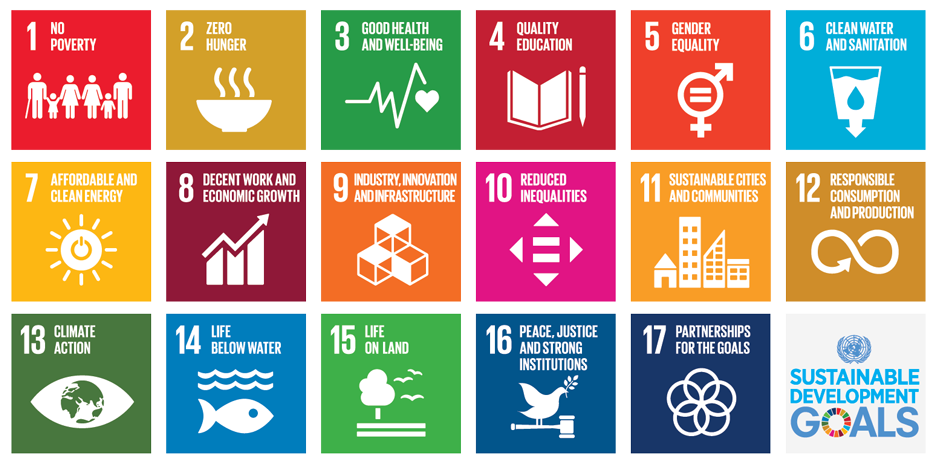
Goal 14: Life Below Water
The world’s oceans – their temperature, chemistry, currents and life – drive global systems that make the Earth habitable for humankind. How we manage this vital resource is essential for humanity as a whole, and to counterbalance the effects of climate change.
Over three billion people depend on marine and coastal biodiversity for their livelihoods. However, today we are seeing 30 percent of the world’s fish stocks overexploited, reaching below the level at which they can produce sustainable yields.
Oceans also absorb about 30 percent of the carbon dioxide produced by humans, and we are seeing a 26 percent rise in ocean acidification since the beginning of the industrial revolution. Marine pollution, an overwhelming majority of which comes from land-based sources, is reaching alarming levels, with an average of 13,000 pieces of plastic litter to be found on every square kilometre of ocean.
The SDGs aim to sustainably manage and protect marine and coastal ecosystems from pollution, as well as address the impacts of ocean acidification. Enhancing conservation and the sustainable use of ocean-based resources through international law will also help mitigate some of the challenges facing our oceans.
Facts and figures
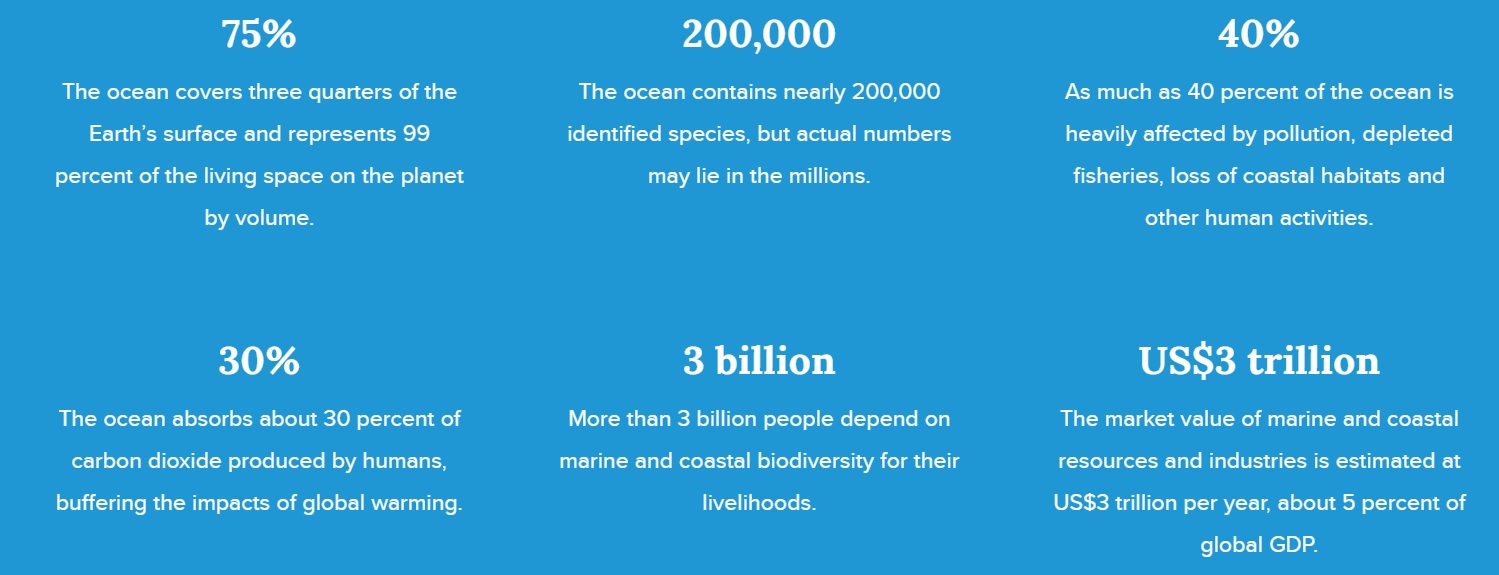
SDG 14 targets
14.1: by 2025 - Prevent and significanly reduce marine pollution of all kinds
14.2: by 2020 - Sustainably manage and protect marine and coastal ecosystems to avoid significant adverse impacts
14.3: Minimize and address the impacts of ocean acidification, including through enhanced scientific cooperation at all levels
14.4: Effectively regulate harvesting and end overfishing, illegal, unreported and unregulated fishing and destructive fishing practices
14.5: by 2020 - Conserve at least 10 per cent of coastal and marine areas
14.6: By 2020, prohibit certain forms of fisheries subsidies which contribute to over capacity and overfishing, eliminate subsidies that contribute to illegal, unreported and unregulated fishing.
14.7: By 2030, increase the economic benefits to Small Island developing States and least developed countries from the sustainable use of marine resources.
For more information at link https://www.undp.org/content/undp/en/home/sustainable-development-goals/
(Sources UNDP & IOC/UNESCO)



